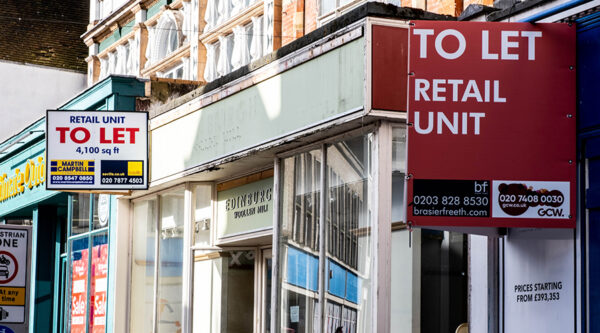

In the world of conveyancing, it is vital to understand the importance of knowing your client and to take all necessary steps in ensuring your client is who they say they are. Effective knowledge involves knowing a customer’s identity, their financial activities and the risk they pose.
While HM Land Registry’s online registration service is much quicker and more convenient than in previous years, it does make the process easier for those who are able to impersonate or steal the identity of someone who owns a residential property.
A recent case saw a man arrested on suspicion of fraud after a vicar’s house was sold at auction without his knowledge while he was away on a long work trip. The fraudster’s name was recorded at HM Land Registry as the legal owner of the property – he had stolen the vicar’s identity and was able to walk away with the £131,000 sale proceeds.
Higher risk of fraud for auction properties
Although it is always vital to ensure thorough checks are undertaken, particular care and attention must be taken when a property is involved in an auction.
Property auctions pose a higher risk than standard transactions because of the fast pace required for the transactions to be completed. Despite this, it is important to remember the checks which need to be made.
Protect your own property
If you are a residential property owner, you can take steps to protect your property from being fraudulently sold or mortgaged.
You can sign up to property alerts via HM Land Registry so that you will be alerted when something changes so you can take action.
You can also put a restriction on your title to stop HM Land Registry registering a sale or mortgage unless a conveyancer or solicitor certifies the application was made by you.










